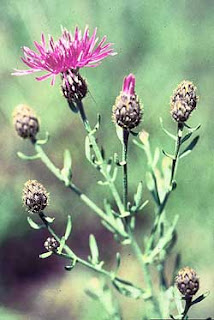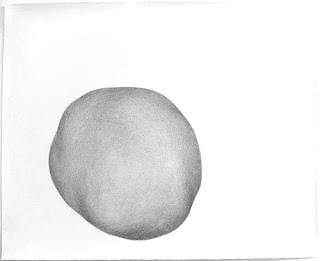Putting down "Taproot"

I've been asked to contribute a poem and an essay on the writing of the poem. The sale of the anthology would help raise funds for UK Cancer Research. I'm posting a draft here for comment. Where do the ideas and the language need clarification or tightening? The poem will probably come before the essay. Putting Down "Taproot" For some reason I thought I should imbibe some science while feasting on graduate writing workshops. At informal weekly seminars, in the spirit of continuous learning, the science faculty was giving brief talks on a subject out of their field of specialization. The talks were open to all. They attracted a modest but devoted audience, not a bad showing for a small liberal arts college. The free pizza might have helped too. Was it a physicist or a chemist who spoke about the spotted knapweed? I don’t remember. It was a woman who found a new weed while gardening, and went online to find out more. I followed her lead. My research turned up university...
.jpg)



